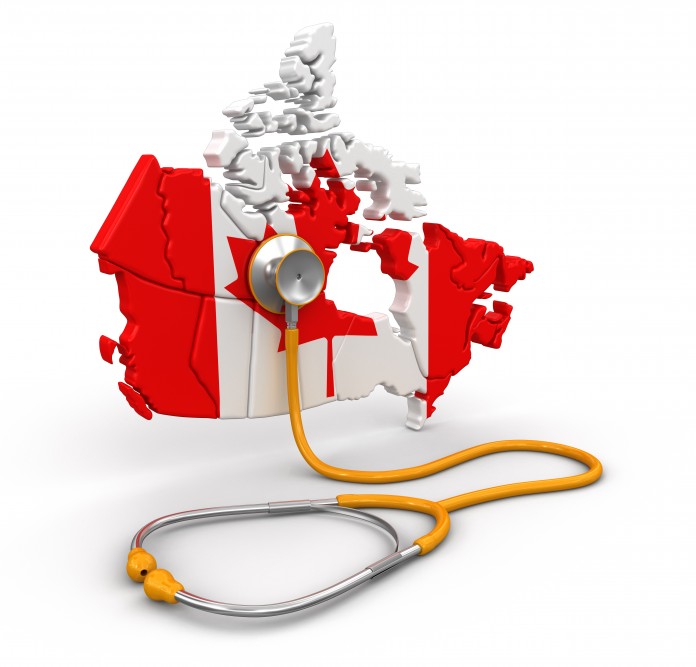Despite spending more on health care than the majority of developed countries with universal coverage, Canada has a relatively short supply of doctors and hospital beds—and the longest wait times, finds a new study released today by the Fraser Institute, an independent, non-partisan Canadian public policy think-tank.
“There is a clear imbalance between the high cost of Canada’s health-care system and the value Canadians receive,” said Bacchus Barua, associate director of health policy studies at the Fraser Institute and co-author of Comparing Performance of Universal Health Care Countries, 2018.
The study compares 28 universal health-care systems in developed countries, spotlighting several key areas including cost, availability and use of resources, access to care and treatment, clinical performance and quality, and the health of Canadians.
In 2016, the most recent year of comparable data, Canada’s health-care spending as a share of GDP (11 per cent) ranked fourth highest—after adjusting for age—behind only Switzerland, France and Norway.
But again, despite the high cost, availability and access to medical resources in the Canadian health-care system is generally worse than in the comparable countries.
For example, Canada ranks 26th (out of 28 countries) for the number of doctors (2.7 per 1,000 people) and 25th (out of 26) for the number of hospital beds (2.1 per 1,000 people).
Moreover, Canada ranks 22nd (out of 27) for the number of Magnetic Resonance Imaging (MRI) machines with 9.9 MRI scanners per million people, and 21st (out of 27) for CT scanners with 15.6 per million people.
Conversely, Canada’s record for use medical resources and the quality of clinical performance, compared to the other countries, is mixed.
But as for wait times, among the 10 comparable countries with universal health care for which data is available, Canada ranks last with the highest percentage of patients (30 per cent) who waited two months or longer to see a specialist, and the highest percentage of patients (18 per cent) who waited four months or longer for elective surgery.
“Canada’s health-care system continues to struggle with relatively few critical medical resources and long wait times for treatment, despite high levels of spending,” Barua said.
“To improve Canada’s health-care system, policymakers should learn from other successful universal health-care countries, for the benefit of Canadians and their families.”




